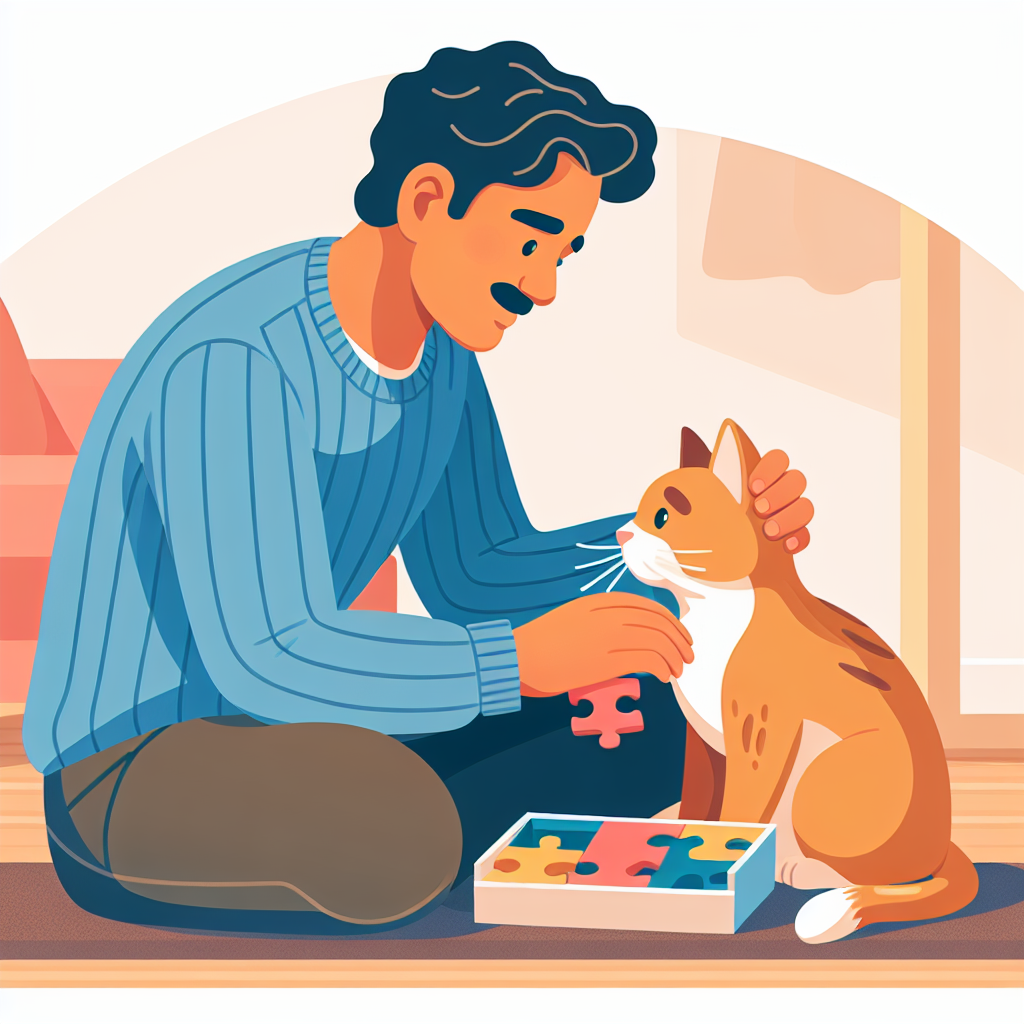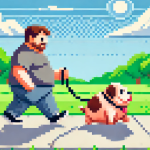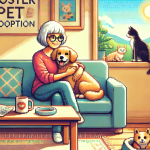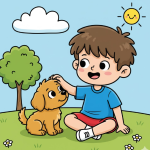
Does Your Pet Really Make You Happier? Science Says… It Depends.
Ever looked at your cat mid-zoomie and thought, “Wow, she’s really living her best life. Am I?” Turns out, science has something to say about that.
A new study from researchers in Hong Kong and mainland China took a deep dive into whether having a pet truly boosts happiness — and the answer isn’t as simple as “dogs = joy, cats = chaos.”
🧠 The Big Idea: Pets Fight Loneliness (Especially If You Live Alone)
Here’s the headline finding:
👉 If you live alone, your pet might actually make you feel less lonely — and that’s a big deal for your mental health.
Scientists found that pet owners living solo reported significantly lower loneliness and better well-being than non-pet owners. Pets act like emotional glue, holding your days together when there’s no one else around to ask how work was.
But for people who live with others? The emotional boost wasn’t as strong. Having human company already covers much of that social need, so your dog’s snuggles might just be the cherry on top rather than the main meal.
🐶 When Pet Love Goes Too Far
Now here’s where things get juicy (and a little surprising).
Researchers looked at “pet attachment,” or how deeply we bond with our furry friends. They discovered a twist:
💔 People who relied on their pets to replace human relationships actually felt lonelier.
It’s called interpersonal substitution — basically, when your cat becomes your best friend, therapist, and roommate all in one. While that sounds adorable, over-relying on your pet for emotional support can backfire.
Think of it like emotional fast food — comforting in the moment, but not a long-term substitute for real human connection.
🐾 What This Means for Pet Parents
Science is giving us a wake-up call: pets can lift your spirits — but only when your relationship with them is healthy and balanced.
Here’s how to make sure your bond is paws-itively good for both of you:
1. Keep Your Social Circle Human (and Furry)
Your pet shouldn’t be your only friend. Schedule regular hangouts, join a dog park crew, or start a cat-lover group online. The combo of pet love + human connection is where the magic happens.
2. Watch for Signs of Over-Attachment
If you cancel plans because your dog might get lonely or feel guilty leaving your cat alone for an hour, that’s a red flag. Healthy attachment means loving them and letting them nap solo sometimes.
3. Don’t Underestimate Their Emotional Power
For people who live alone, pets are emotional lifelines. They provide purpose, structure, and that comforting “someone’s waiting for me” feeling. Just remember — even the most loyal pup can’t replace a friend’s hug or a shared laugh.
🧩 The Bigger Picture
Pet ownership is booming worldwide — more than 57% of households in the U.K. and millions across Asia now share their homes with animals. As pets shift from backyard companions to full-blown family members, understanding how they shape our emotional health matters more than ever.
This research reminds us that owning a pet isn’t a guaranteed happiness hack — it’s part of a bigger emotional ecosystem. Your well-being thrives when your connections, both human and animal, are balanced and healthy.
❤️ Share Your Pet’s Story
Does your pet keep you grounded, make you laugh, or help you through tough times? We want to hear it! Tell us in the comments:
🐕 “How does your pet make you feel less lonely?”
🐈 “Do you think your pet changed your mood or daily life?”
🐾 TL;DR (Because You’re Probably Petting Someone Right Now)
- Pets help ease loneliness — especially if you live alone.
- But depending too much on them can make loneliness worse.
- The happiest pet parents balance cuddles with human connection.




